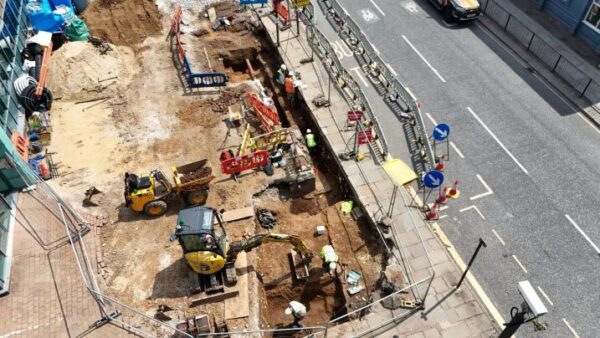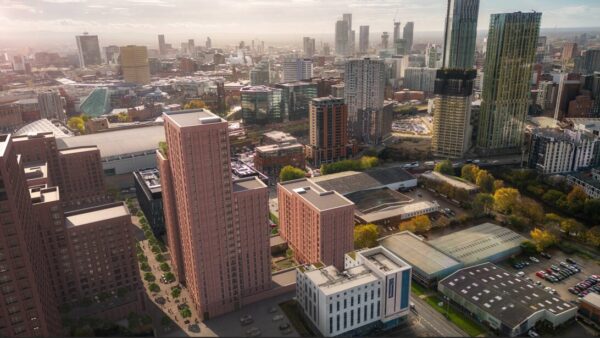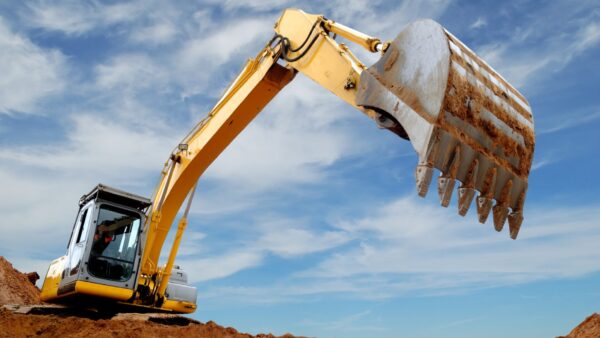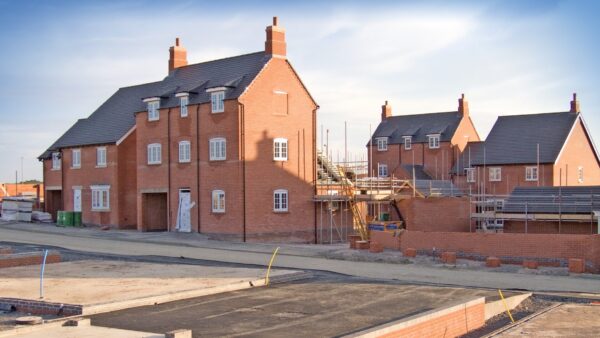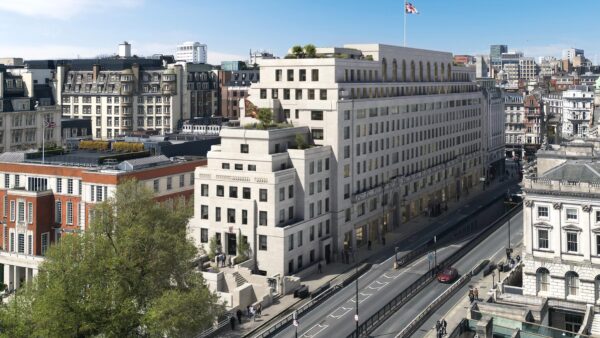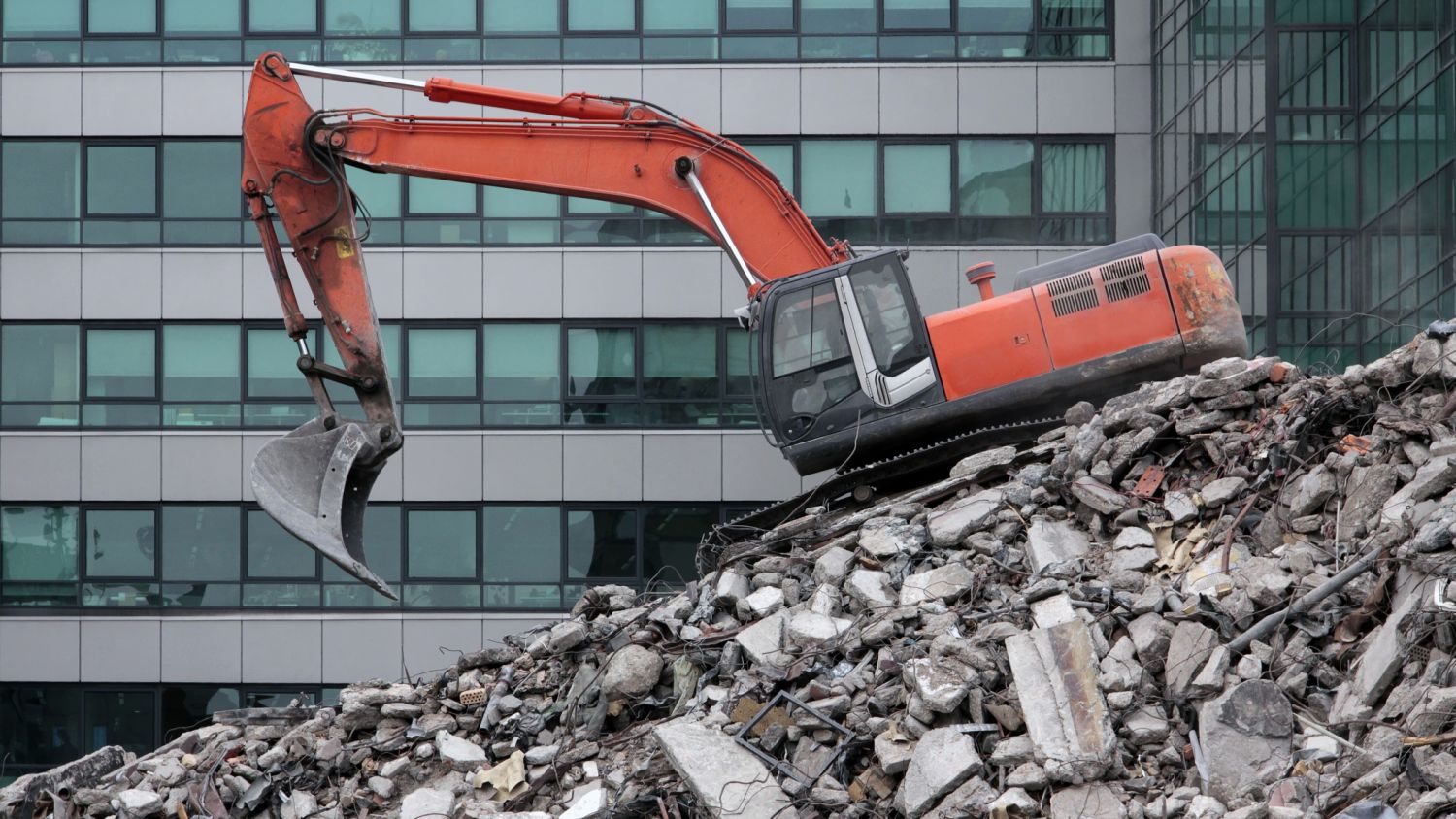
Some of Scotland’s oldest buildings could be at risk of being knocked down instead of restored due to a quirk in the UK’s Westminster-controlled VAT laws.
That’s the warning in a new report published by the Chartered Institute of Building (CIOB) today.
Currently, in the UK, renovation and retrofitting costs are subject to the standard 20% VAT, but demolition and new build is not. Often, that makes it more financially attractive to raze buildings to the ground than restore them, despite restoration usually being the greener option.
The CIOB warned that this has “serious negative impacts” on decarbonisation. Both demolition and new build generate significant levels of embodied carbon. In addition, they cause pollution, noise, traffic and disruption and waste. Most of the waste ends up in landfill or being incinerated. The UK’s lack of VAT on demolition makes it an outlier compared with most other nations.
Calls on Scottish government to get creative
The CIOB launched its ‘Retrofit over Demolition’ discussion paper at the annual Green Home Festival in Edinburgh today (11 August). It acknowledges that altering VAT laws is not within the powers of devolved governments, but calls on the Scottish government to consider other options, such as a demolition levy, to even up the financial playing field between demolition and renovation.
Jocelyne Fleming, CIOB policy & public affairs officer for Scotland, and author of the paper said: “We hear about the need to move away from a throw-away society and upcycle and recycle when it comes to things like clothes and furniture, and this needs to be extended to buildings too. It’s not only about the environment though – some wonderful Scottish buildings could also be reduced to rubble and lost forever just because it’s cheaper to knock them down than renovate them, and that would be a travesty.
“However, at a time when businesses are often making decisions based mainly on cost, it needs to be as financially viable to restore as to demolish if we’re to improve the sustainability of construction and help Scotland reach its net zero targets. We’re sharing our report with government and hope the notion of a demolition levy will be considered alongside other more long-term solutions.
“Ultimately, this is about levelling the playing field, not our built environment.”
“Some wonderful Scottish buildings could be reduced to rubble and lost forever just because it’s cheaper to knock them down than renovate them, and that would be a travesty.”
Demolition levy
Over the last five years, an annual average of 993 demolitions have been reported in Scotland, although it is thought the actual number of buildings demolished is much higher as these statics exclude many private demolitions.
CIOB’s report suggests revenues from a demolition levy could also help fund green initiatives that support energy-efficient upgrades to housing, help low-income and vulnerable households cope with home repairs and rising fuel prices, or preserve Scotland’s historic building stock.
Ultimately, it suggests a VAT reduction on renovation down to 5%, however this would be a decision for Westminster.
In 2021 CIOB was one of 50 organisations to support the Construction Leadership Council’s National Retrofit Strategy, which aims to provide long-term solutions for retrofitting homes in the UK as opposed to previous widely criticised government schemes, such as last year’s Green Homes Grant. A reduction of VAT was one option laid out in the strategy.
Read the full CIOB report online here Levelling the playing field, not Scotland’s built environment


